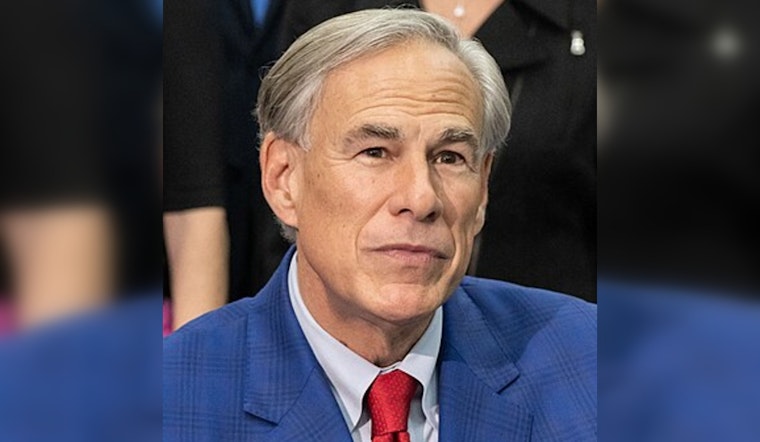
In a move that has stirred the Texas political waters, Governor Greg Abbott appointed three conservative justices to the new 15th Court of Appeals. The court, designed to preside over cases that concern the state, constitutional challenges to state laws, and matters from business courts, was established to create a more uniform application of the law across Texas and streamline processes involving business litigation. Former Texas Supreme Leader Justice Scott Brister is set to take the role of chief justice along with Justices Scott Field and April Farris, each appointed for terms that run until 2026, as reported by The Texas Tribune.
The appointments, which take effect from September 1, come after the Legislature, controlled by Republicans, created the new appellate body in recent legislation. According to Governor Abbott, “These highly experienced individuals will serve a vital role in our state’s effort to ensure that the Texas Constitution and state statutes are applied uniformly throughout Texas and that businesses have a sophisticated and efficient process to resolve their disputes.” While proponents claim the court will handle with expertise the complexities of business law and state-related cases, the appointments have been criticized by some who argue that this is a Republican strategy to sideline the traditionally more liberal urban judicial system.
Alongside their business acumen, the justices’ conservative affiliations have not gone unnoticed. For instance, Scott Field, who was appointed by Abbott to Williamson County’s 480th District Court in 2023, is also a noted member of the Federalist Society. This organization is known for its conservative leanings and has significant influence in legal circles. According to his previous experience, detailed in a report by The Texas Tribune, Field is versed in appellate advocacy and commercial litigation, which aligns with the intended direction of the new court.
The overall structure of the 15th Court of Appeals will eventually consist of five judges, with the current three serving until replacements are elected statewide. Echoing the controversies, critics expressed concern to The Texas Tribune about the potential for political pressure and manipulation, given the two-year appointment cycle. They speculate that interested parties may attempt to sway the governor's selections to their favor. Moreover, the concern extends to the judicial process itself, as the new business court, which will also have cases heard by the 15th Circuit, might slow down proceedings as litigants navigate between the various jurisdictional boundaries.
The 15th Court of Appeals joins a list of similar judicial structures across the United States, with 26 other states hosting their own versions of business courts. Nevertheless, this marks the first creation of a new Texas appeals court since 1967, intended to manage the growing caseload in the Houston area. Brister's prior service on the Texas Supreme Court and Farris's experience as an appellate litigation partner supplement the new court's business-oriented jurisprudence with a heavy slant toward experienced governance within existing conservative frameworks.




-2.webp?w=1000&h=1000&fit=crop&crop:edges)




